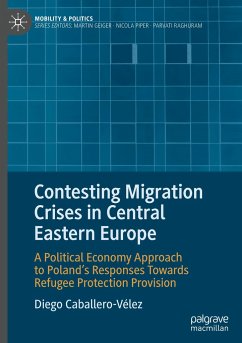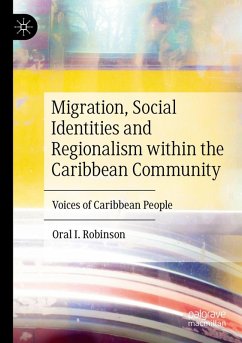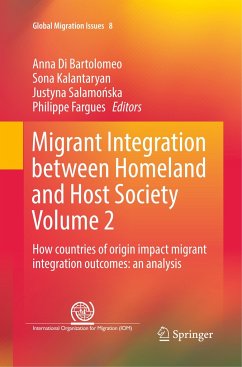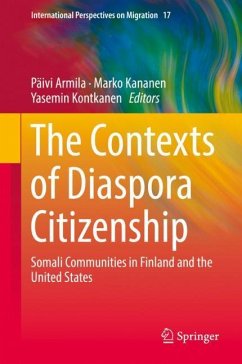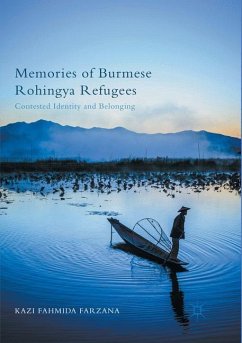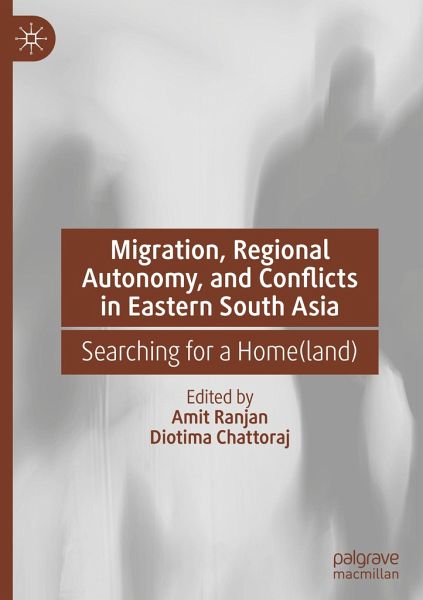
Migration, Regional Autonomy, and Conflicts in Eastern South Asia
Searching for a Home(land)
Herausgegeben: Ranjan, Amit; Chattoraj, Diotima

PAYBACK Punkte
53 °P sammeln!
Delving into the past and present of various secessionist movements in Northeast India, political conflict in Chittagong Hill Tracts in Bangladesh, a political movement for autonomy in Darjeeling hills in Eastern India, and the Rohingya migration crisis affecting India and Bangladesh, this book examines the volatile co-existence of competing population groups in Eastern South Asia. Through the conceptual lens of the 'home' and feeling of 'homeland' in Eastern South Asia, the authors seek answers to three complex but interrelated questions: why is Eastern South Asia facing so many political mov...
Delving into the past and present of various secessionist movements in Northeast India, political conflict in Chittagong Hill Tracts in Bangladesh, a political movement for autonomy in Darjeeling hills in Eastern India, and the Rohingya migration crisis affecting India and Bangladesh, this book examines the volatile co-existence of competing population groups in Eastern South Asia. Through the conceptual lens of the 'home' and feeling of 'homeland' in Eastern South Asia, the authors seek answers to three complex but interrelated questions: why is Eastern South Asia facing so many political movements and conflicts? How have the political movements affected the region and people? Why is the number of migrants in this region so high? Answers to these questions are vital to those studying South Asia and interested in understanding this region.








